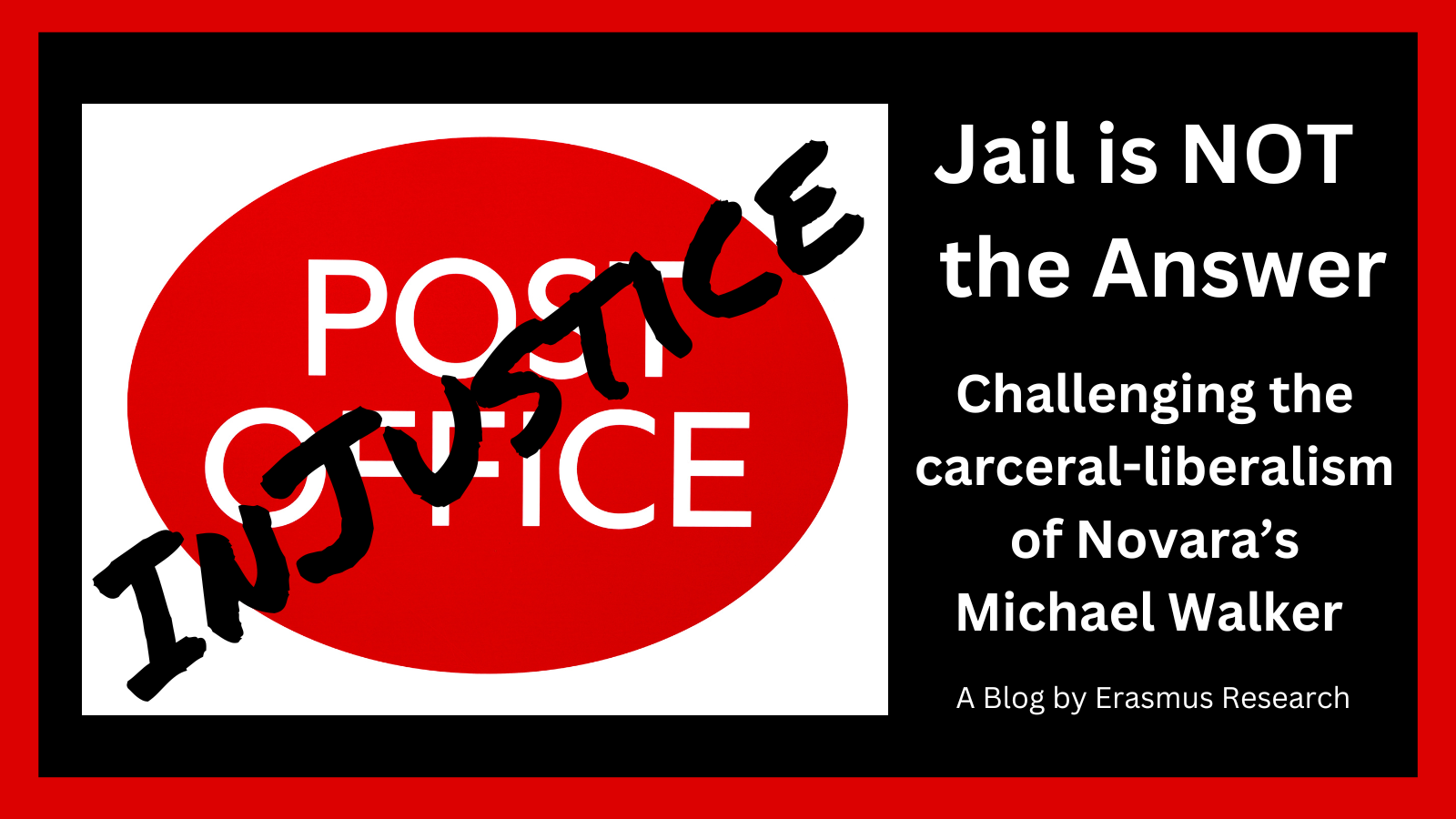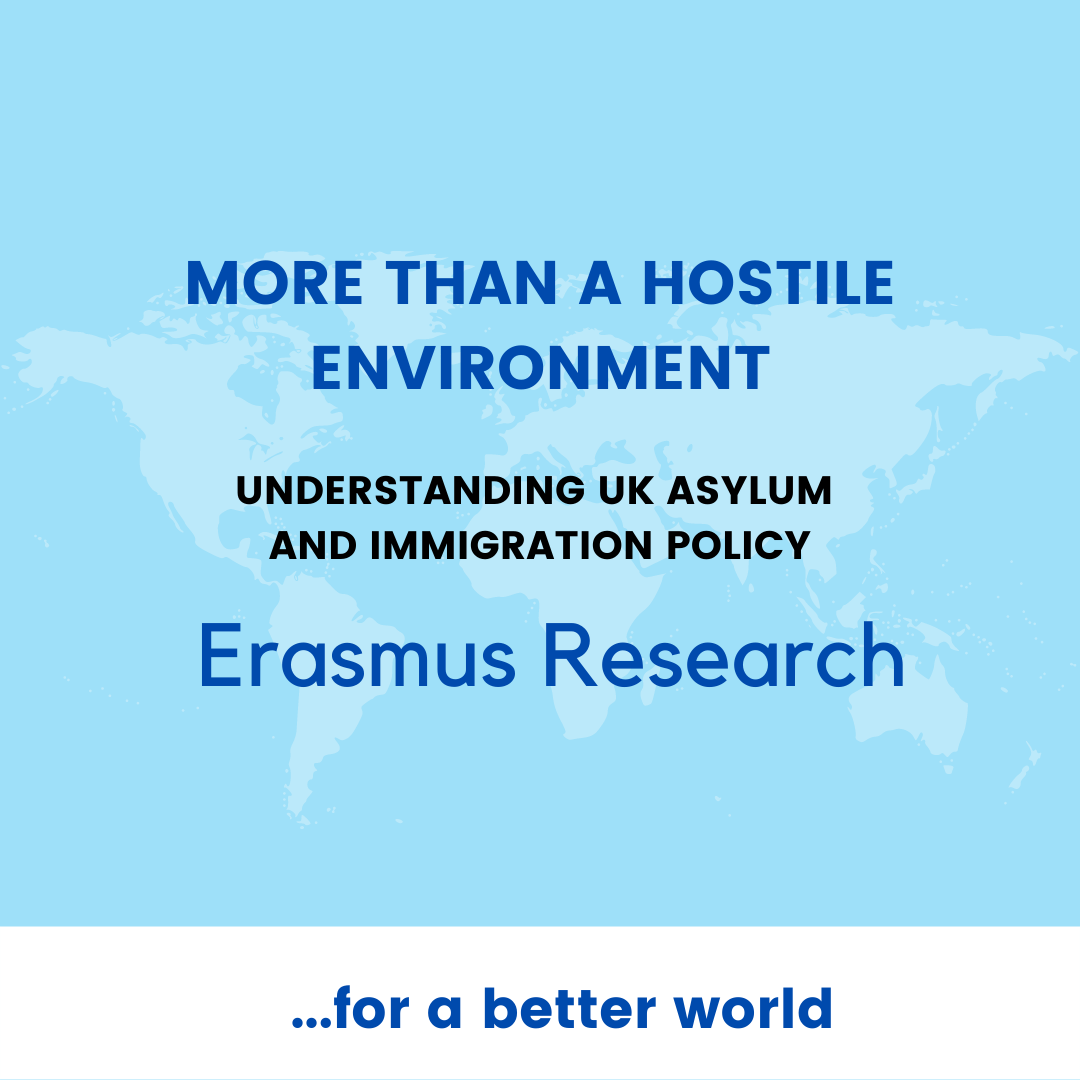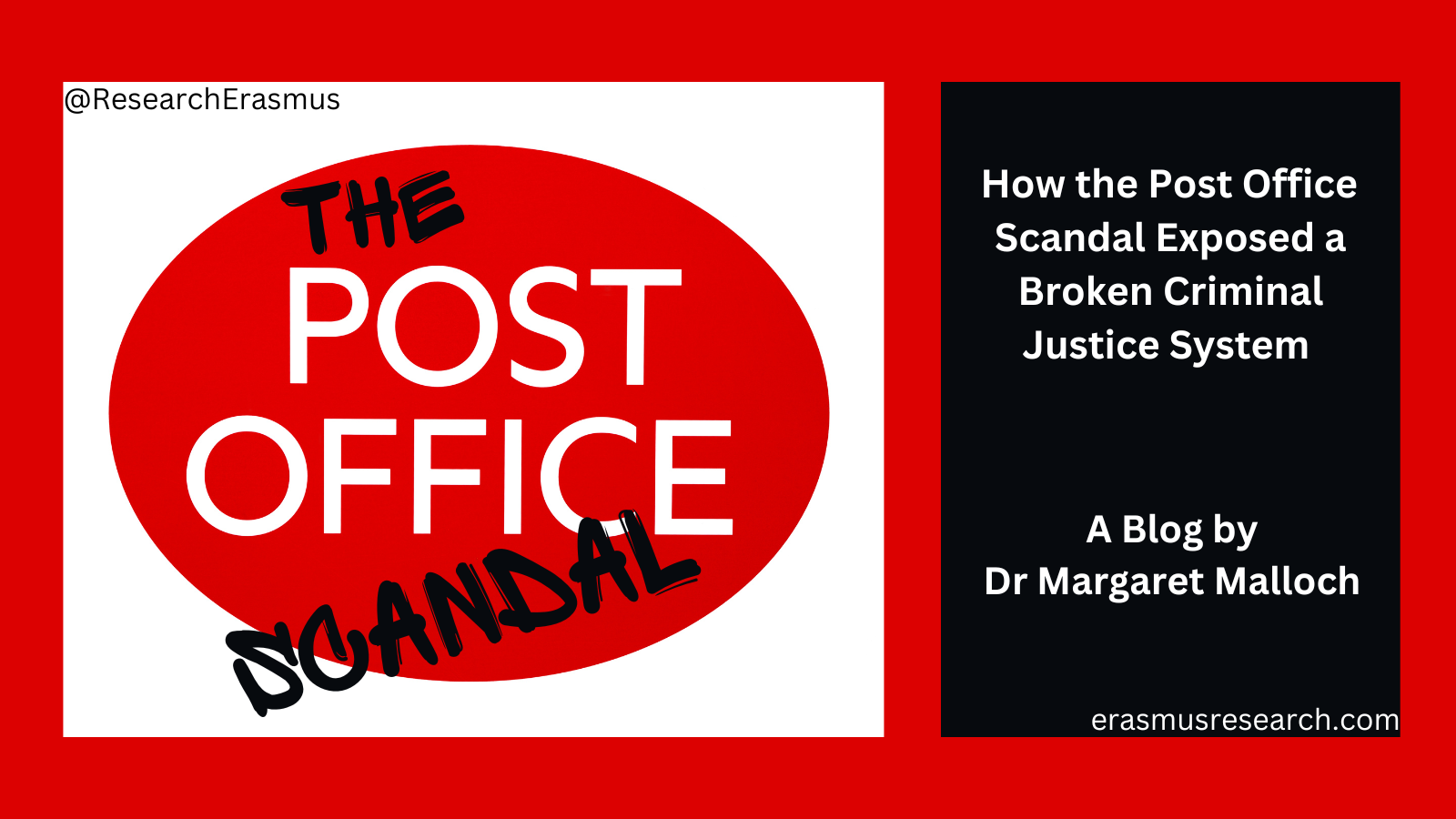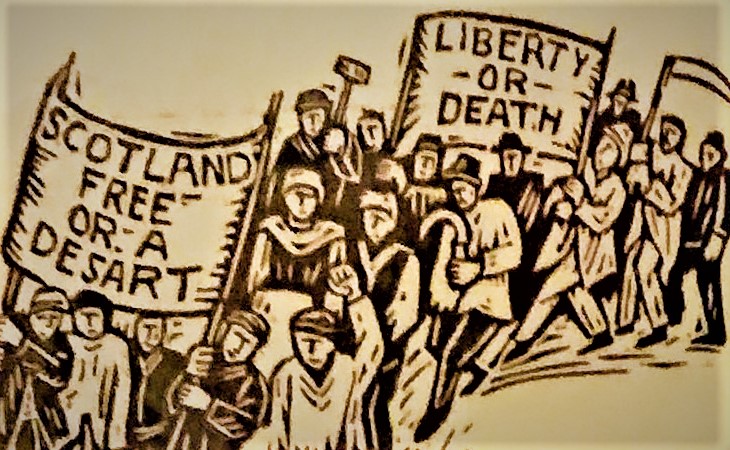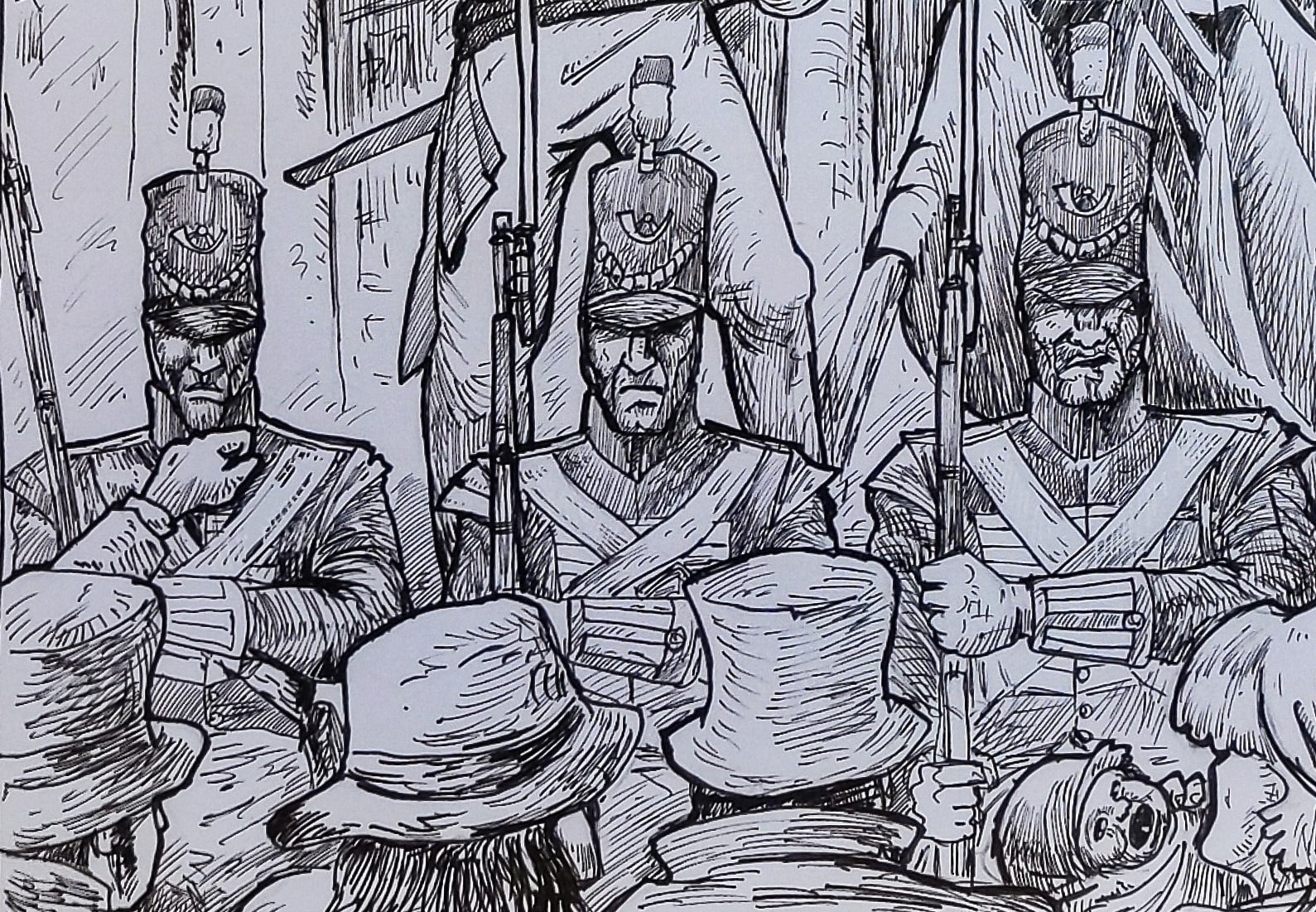Last week, counterterrorism police launched a series of 2 a.m. raids on the homes of Kurdish families. Seven individuals were arrested and detained under terrorism charges. There was a simultaneous raid on the Kurdish Community Centre in north London, involving hundreds of riot police who imposed a military-like occupation of the surrounding area. The Kurdish Community Centre (KCC), remains closed despite over a thousand protesters demanding its reopening and the release of those detained. At the time of writing, no one has been released, and the Community Centre remains under occupation of the police.
This isn’t an isolated incident. A 2018 Erasmus Research study documented three years of systematic police harassment against Edinburgh’s Kurdish community, including dawn raids on family homes and repeated searches of the city’s Kurdish Community Centre. These raids, both in Edinburgh and more recently in London, appear calculated to traumatise. Families, including children and young people with disabilities, have been subjected to frightening and dehumanising treatment by police. Beyond individual harm, the raids have targeted shared community spaces, striking at the heart of communal life.
Interviews with those affected in Edinburgh, reveal how these actions served as a deliberate deterrent to participation in community activities. Families, fearing further police intervention, withdrew their children from Kurdish language classes and folk-dance lessons, leading to the suspension of these cultural programs. This climate of fear has deeply disrupted the community, eroding trust, cohesion, and the ability to collectively preserve their culture. Those affected by this ongoing state terror campaign are in no doubt that the attack on their identity and culture is one of the key aims of this kind of police action.
The question that arises is of course, why? What do the two communities in both the Scottish and English capitals share in common. Why, out of all the Kurdish communities in the UK, are these two being targeted by the security state? The answer, simply put, is – Turkey.
In Scotland, two distinct Kurdish communities exist: those fleeing persecution from Iraq and Iran, and those escaping Turkey. While the former group has largely been left in peace, the latter has faced persistent targeting—not only in the UK but across Europe, including France, Germany, and Belgium. This disparity illuminates the significant influence Erdogan’s Turkey wields in Europe and underscores the political nature of the so-called “war on terror.”
The Myth of “Keeping People Safe”
Counterterrorism in the UK is a major public expense. The Prevent programme alone costs £40 million annually, while the total counterterrorism budget—including intelligence agencies like MI5, MI6, and GCHQ—amounts to an estimated £2.5 to £3.5 billion each year. Yet, the effectiveness of these measures needs scrutiny. Perhaps no independent review of the effectiveness of the Prevent programme, the Government still justifies the money by citing its commitment to safeguarding it citizens, protecting them from ‘preventable’ harm. This ‘political’ commitment, to protecting us from the ever present terror threat, is weakened by the very context within it operates. The very notion that the state exists to protect its citizens is also a political trope, designed to gaslight the population into accepting levels of surveillance and control, that it would otherwise resist.
Between 2004/05 and 2021/22, 535 people died in police custody or following contact with police in England and Wales. By contrast, during the same period, 100 people were killed in terror attacks across the UK. While 100 deaths from terrorism is 100 too many, the state’s prioritisation of counterterrorism starkly contrasts with its apparent neglect of preventable deaths caused by systemic underfunding of the NHS, which, by its own admission, results in around 500 preventable deaths weekly.
To put this into perspective: over the past 20 years, you were three times more likely to die in police custody than in a terror attack. Add to this, recent reports of over 2,000 police officers under investigation for serious sexual misconduct, piled on top of official condemnations regarding institutional racism, sexism, misogyny and homophobia, and it’s clear that the security state poses a greater threat to the public than terrorism ever has.
Counterterrorism as a Tool of Power
As Netpol highlights, the criminalization of the Kurdistan Workers’ Party (PKK) stems from its listing as a terrorist organization under the UK’s Terrorism Act 2000. Yet the PKK does not operate in Britain and poses no direct threat to British society. Its primary association is with resisting Turkey’s brutal repression of Kurdish identity. Moreover, the PKK is part of the Syrian Democratic Forces—a coalition that successfully fought ISIS and prevented genocidal atrocities against Yezidis, women, and others.
The PKK represents only one aspect of a broader Kurdish and Turkish democratic movement, including political parties, women’s groups, and community organizations advocating for social and political justice. What makes the Kurdish movement particularly threatening to the UK and its allies is Abdullah Öcalan’s model of Democratic Confederalism, which promotes grassroots democracy, gender equality, and ecological sustainability. This vision fundamentally challenges the centralised, exploitative logic of capitalist imperialism and the global order it upholds.
By targeting Kurdish communities and criminalising their movements, the UK reveals that its war on terror is not about preventing harm but about protecting power.
In the end, the state’s security apparatus isn’t built to keep us safe—it’s designed to keep us in line.



